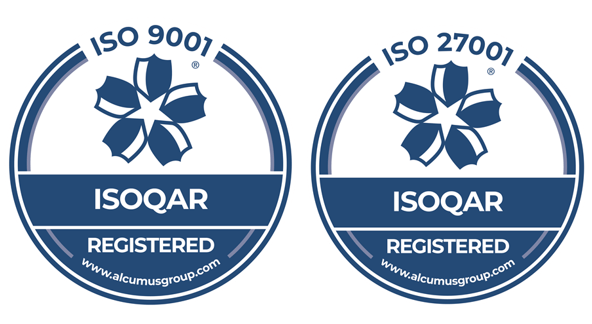Children of the revolution
I’m sure you don’t need me to say this, but as marketers we’re in the midst of a period of great change. With technology evolving at an exponential rate our ability to deliver smart and sophisticated messages and experiences to users whenever and wherever required is greater than ever before. Getting the most out of the opportunities available though means reviewing and optimising every aspect of existing operations, from strategic investment and recruitment decisions right through to day-to-day tasks and processes. This series of blog posts will delve into these key topics in more detail, examining the effects of a rapidly-changing technological landscape as well as highlighting some of the considerations that will help ensure you get the greatest benefit from this brave new world. In this first post, I’ll be exploring how the overall focus of the marketing team is shifting as digital channels revolutionise business-as-usual both for organisations and their users.
Embedding digital
An obvious consequence of technology becoming ever-more embedded into everyone’s lives is that digital touchpoints have become the favoured choice for many marketers looking to communicate and interact with their users. The competitive imperative of paying attention to this area is reinforced by research from organisations such as Gartner, which has found that “companies with marketing technology leadership are investing much more than their peers in marketing – particularly digital marketing – to engage with their customers”. It’s not just technology leaders who are cementing their commitment to digital, however, as IDC has predicted that by 2016 the average digital marketing investment will exceed 50% of total programme budget (up from 39% in 2013). It’s evident, then, that any marketer who wants to be adequately prepared for the future should consider increasing their spend in the digital space.
Change inside and out
I know what you’re thinking: “But this shift has been going on for a good long while – what makes digital such a vital area right now?” Well, partly it’s because marketers and others have realised the potential impact these technologies can, and should, have beyond being a single strand in their strategies. As a result the notion of digital ‘transformation’ has grown in prominence, leading to change across the entire marketing function and ultimately helping improve the way business is conducted across all departments and at all levels.The focus on digital isn’t being driven solely from within the business, though. Technology has completely overhauled the way users and organisations interact, by transferring power and control to the user to such an extent that it’s been estimated that up to 50% of the purchase decision is made before contact with a sales representative. This has forced sales and marketing departments to rethink established ideas regarding directing prospects through the sales funnel; a move supported by IDC, which has called for a shift from the “traditional sales mentality” and towards “following the buyer”.But what does this mean, exactly?
The importance of context
“Contextual marketing” is one possible answer, as advocated by renowned analyst firm Forrester. Earlier this year they proclaimed the death of campaign marketing, as users gain greater control over the messages they’re exposed to, are less influenced by direct advertising materials, and have growing access to peer opinions through social media, online reviews and more. To remain successful in this environment, leading marketers are therefore turning away from hard-sell persuasion tactics and instead helping users identify and diagnose their problems, before guiding them to relevant solutions. This makes providing usable, relevant, and enjoyable services a priority, and many organisations have begun to create holistic customer experiences in response to this demand. As investment in this area grows, we’re also seeing a rise in tactics such as predictive analytics, experience mapping and content marketing; a significant departure from the skills required for single-campaign activities.
Prepare for a shake-up
So, what difference will these trends make to the marketing function at a fundamental level? According to IDC their impact can’t be underestimated; they’re anticipating a radical shake-up of the entire department, with leading companies expected to “re-organise themselves along three key components – content, channels and consumption (data and analysis)”. It’s been made very clear: all organisations will need to take action in order to stay ahead of the game.
To find out how Box UK can help you keep up with changes in technological trends and user behaviours, get in touch with a member of our team to discuss your requirements and goals.

